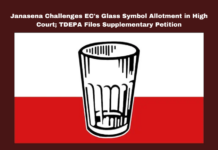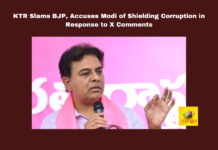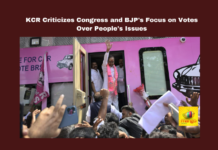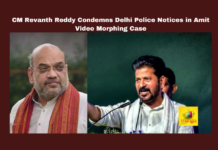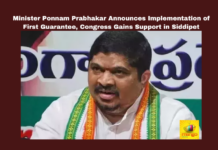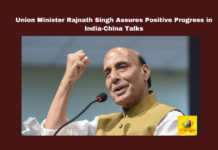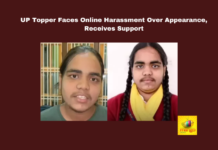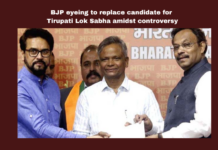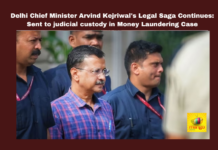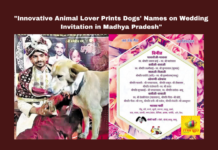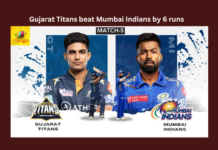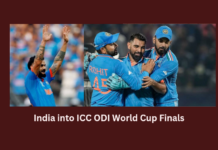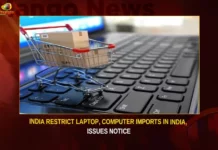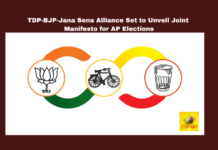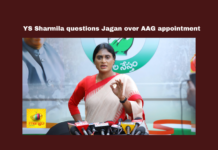After hours of discussion that how you use WhatsApp and other international communication services on your phone could change dramatically, the government said that a proposal under review will not apply to social media.


Here are 10 points of the draft :
1. The clarification from the government comes after public outrage over what was posted online as a draft proposal of a new national encryption policy.
2. In the case of WhatsApp and other services like Apple’s iMeaasge, this encryption happens automatically using keys at both ends of the conversation as a user, you don’t need to do anything.
3. The language of the proposal which is open to public for feedback alarmed experts as it said, users must be able to provide unscrambled or plain text messages for 90 days?
4. The draft from the department of the IT Ministry also stated saying: “Service Provid ers located within and outside India, using encryption technology for providing any type of services in India must enter into an agreement with the Government for providing such services in India.”
5. The draft was flexible enough to apply to apps and services like WhatApp, which has over 70 million users in India and iMessage. After the backlash online, the government said that the social media, Internet banking and e-commerce are excluded from from the new guidelines which are relesed.
6. For other categories, if the proposal goes through, platforms or services that don’t register how they encrypt messages in India could be declared illegal.
7. Bussiness that don’t involve “ mass use encryption products” are also expected to maintain encrypted and plain-text, copies of all their communication and share their encryption keys with government authorities when asked.
8. In 2010, UPA government said it would ban BBM (Blackberry Messenger) gave security agencies that allows the government to intercept messages sent on via Blackberry users.
9. “Encryption products may be exported but with prior intimation to the designated agency of Government of India. Users in India are allowed to use only the products registered in India. Government reserves the right to take appropriate action as per Law of the country for any violation of this Policy”.
10. Another way the policy itself could be benefited is by having a standalone privacy law that provide the safeguards that protects user rights downstream, instead of defining them from one application to another.





